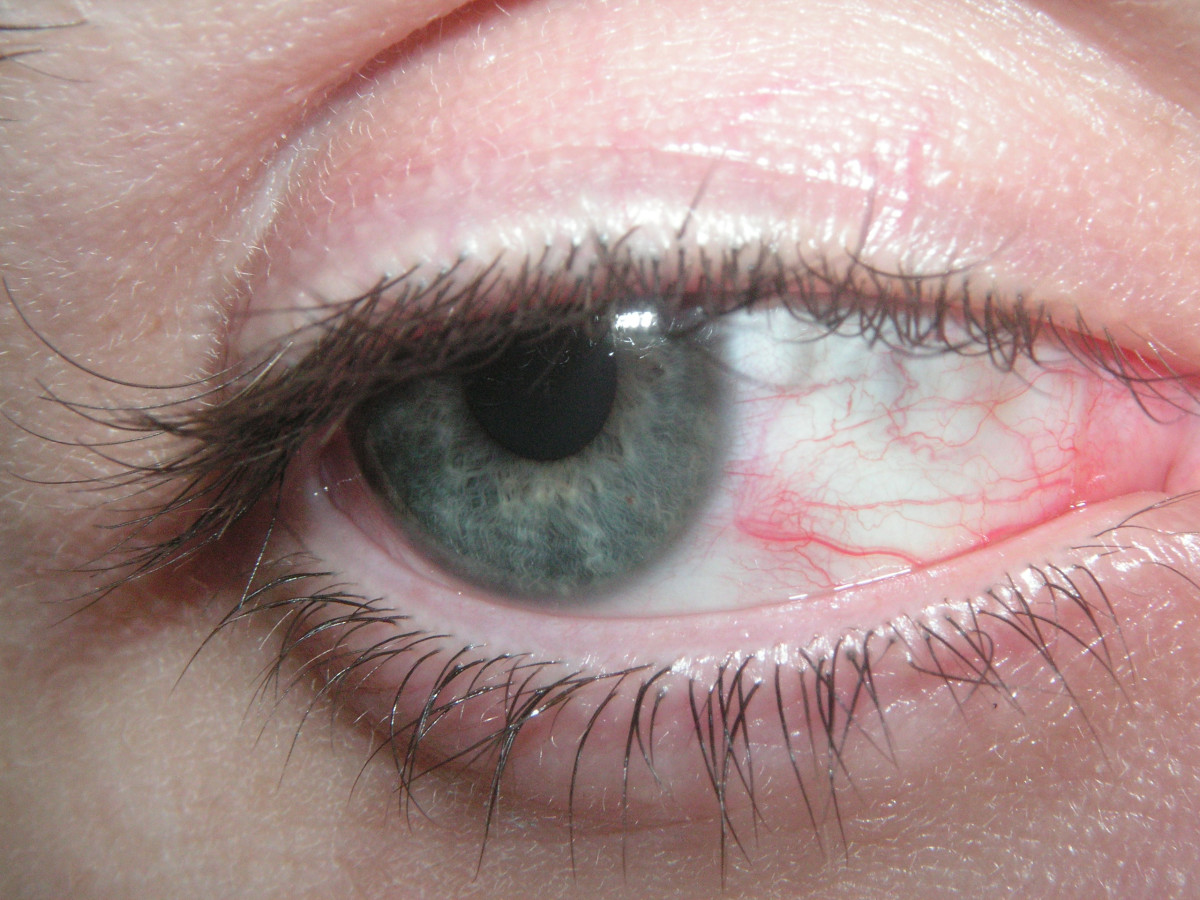How to View a Problem
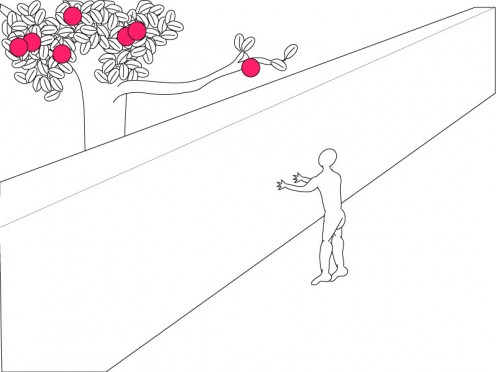
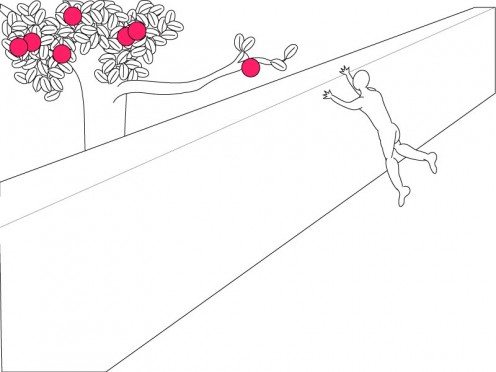
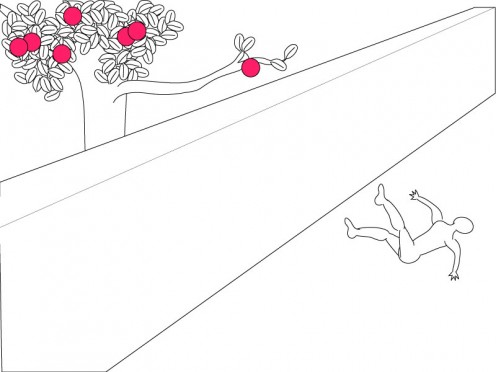
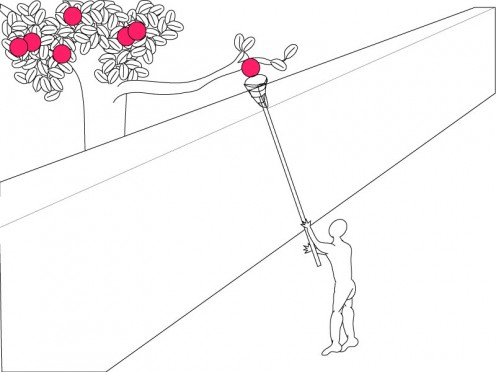
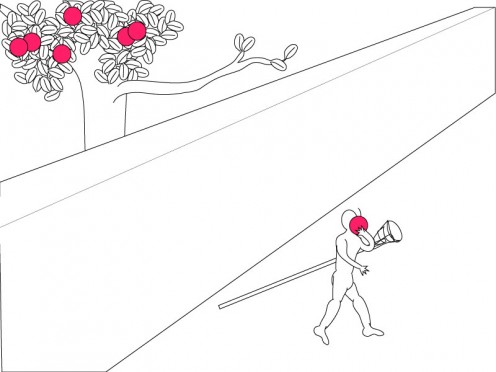
What is a problem?
The word, "problem," is derived from the Latin word for obstacle. For most of us a problem is an obstacle that interferes with our desires. It may interfere with our plans of action or it may interfere with our self image, or both. For example, a skin irritation might interfere with our plans for a day at the beach and it may also interfere with the way we view ourselves. Our plans of action represent our desire to act, and our self image represents our desire to be.
Where do problems come from?
There are many theories about where problems originate. In many cases we seem to clearly see that our own actions and/or the actions of others led to the problem. In other cases problems seem to just happen for no reason at all - but if we think about it, that really can't be true. Every problem must have a cause - it must originate somewhere, mustn't it?
Is the cause of a problem important?
Many times the immediate cause of a problem is important. If you go to a restaurant and get food poisoning, you will likely be caused never to return, because you will not want to repeat the experience of getting sick. Your fear of food poisoning will prevent your return.
The cause of the condition that allowed food poisoning to occur may be bad food handling practices. Looking deeper, however, perhaps your food was handled by someone who failed to wash their hands because they were worried about their marital problems. Perhaps their marital problems result from their spouse’s alcoholism. Perhaps the alcoholic spouse carries a gene that predisposes them toward alcoholism, a gene was passed down from an ancestor whose DNA was damaged by a cosmic ray that occurred because of a solar flare. The root cause of your upset stomach, therefore, was caused by whatever it is that causes solar flares, or perhaps whatever it is that causes whatever it is that causes solar flares, etcetera. Is this important to your decision not to patronize this restaurant anymore? Not really.
Perhaps the person who mishandled your food was temporary, fill-in help who will never work at the restaurant again. The restaurant never used fill in help and never will again. If that is so, then your decision never to go there again may be misguided. If, up until the gastronomical debacle the restaurant had been your favorite, for lack of knowing the immediate cause of the problem you may deprive yourself of the joy of eating there for no good reason at all.
Looking at it another way, let’s say you are on your second date with someone. You started out hopeful, but tonight they are out of sorts, unresponsive and really not so nice. You could say to yourself that this is not your kind of person and write them out of the script of your life forever because their behavior in the moment is not to your liking. On the other hand, if you ask a couple of questions and they confide in you what their problem is, your problem with their behavior may disappear. In fact, you may end the evening with a closer emotional bond than when you started. They may turn out to be the love of your life, and you would have missed it if you had chosen not to look a little closer at the problem. Thank heaven you didn’t do that, eh?
Anyway, the cause of a problem can be important and is usually worth a closer look. Decisions are best based on adequate information.
Can a problem be beneficial?
Actually, if we stick with the definition of ‘problem’ as any obstacle that gets between us and our desires, life is fraught with problems almost from the moment we realize that we’re here. The first thing you want is your mommy, but you quickly find that many parts of mom’s life do not include you. You learn to stand up in your crib and throw your toys out onto the floor, and so you are confronted with how to get your toys back. You learn to eat and after the novelty wears off you may find you don’t like what your parents are serving today. As soon as you are out in the world, others present you with problems. You want to pull the little girl’s hair, but when you do, she punches your face. These are problems! But it only gets worse.
You discover there is a thing called money, and if you live in one of the 99% of the world’s homes, there never seems to be enough of it. You discover further that, except for a percentage of that other 1%, everybody works to get money. Almost everything you want costs money, but working for money takes time, so that means you can’t get what you want immediately. Worse than that, there are things that money can’t buy: love, for example. Since your mom deserted you for that older man you have been looking for love, but nobody seems to really know how to get it. These are REAL problems.
And it can get a lot worse than that, too, as we all know. But you get the idea. All of these problems seem pretty bad. Yet each obstacle we face challenges us to overcome it, and overcoming obstacles makes us stronger, smarter and more resourceful. In our youth we take pride in learning to function in the world. But the source of that pride is in the demonstration of our ability to conquer the challenges that our lack of experience and knowledge, the world’s lack of respect for us, and the seemingly random physical factors present. Regardless of success, we are rewarded with knowledge of how better to succeed, or at least how not to fail.
As we grow into adulthood, we find activities and things that we love. Overcoming the obstacles to doing or having the things we love because fun in itself, because while we deal with the problems we have always in our minds the reward we seek.
Sometimes we are confronted with insurmountable problems, like the death of a loved one, the aging of the body or terminal illness. Many of us wonder at the wisdom of those who face these problems and still manage to love their fellow humans and enjoy life. Some of the most valuable lessons there are to learn in this existence originate with life’s most challenging problems.
Given all this, how should we approach problems?
Problems are part of life. They are the means by which we learn what we truly enjoy and value. They teach us to look before we leap and to dig deeper for meaning. And they teach us about our own power and how best to use it.
Best to approach problems as if they are exams for a class you need to pass in order to get your degree. They are opportunities to excel, or at least to survive the wiser for having experienced them. Both the victories and the defeats are memorable and valuable.
Foster an unconditional love for life and all it holds for you. Love the successes, but also love the problems. They help prove you are alive.


